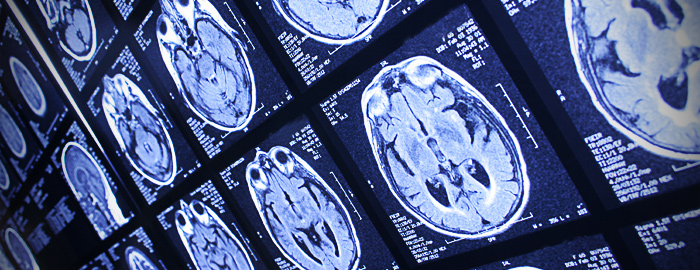
What is Radiological Health Engineering?
Radiological health engineering encompasses many activities concerned with the use of radiation both industrial and medical applications. The common thread is maximizing the benefits while protecting people from any undesirable effects. This requires understanding both the radiation and its biological impacts.
This specialization
What do Radiological Health Engineers do?
Radiological health engineers are involved in:
- Advancing medical imaging
- Providing new radiotherapy technologies
- Improving food safety using radiation pasteurization
Where do Radiological Health Engineers work?
- Hospitals
- Medical research centers
Why study Radiological Health Engineering at Texas A&M?
Texas A&M's radiological health engineering is the only ABET-accredited program of its kind in the United States. Students that complete a Bachelor of Science within our program are eligible for licensure as professional engineers after meeting their state's Engineer-in-Training requirements.
Our undergraduate program features a broad range of health physics topics, including:
- dosimetry and dose assessment
- fundamental and applied radiation detection
- radiation health, risk and regulation
- environmental fate and transport
- engineering design and modeling of shields, ventilation and interlocks/access controls